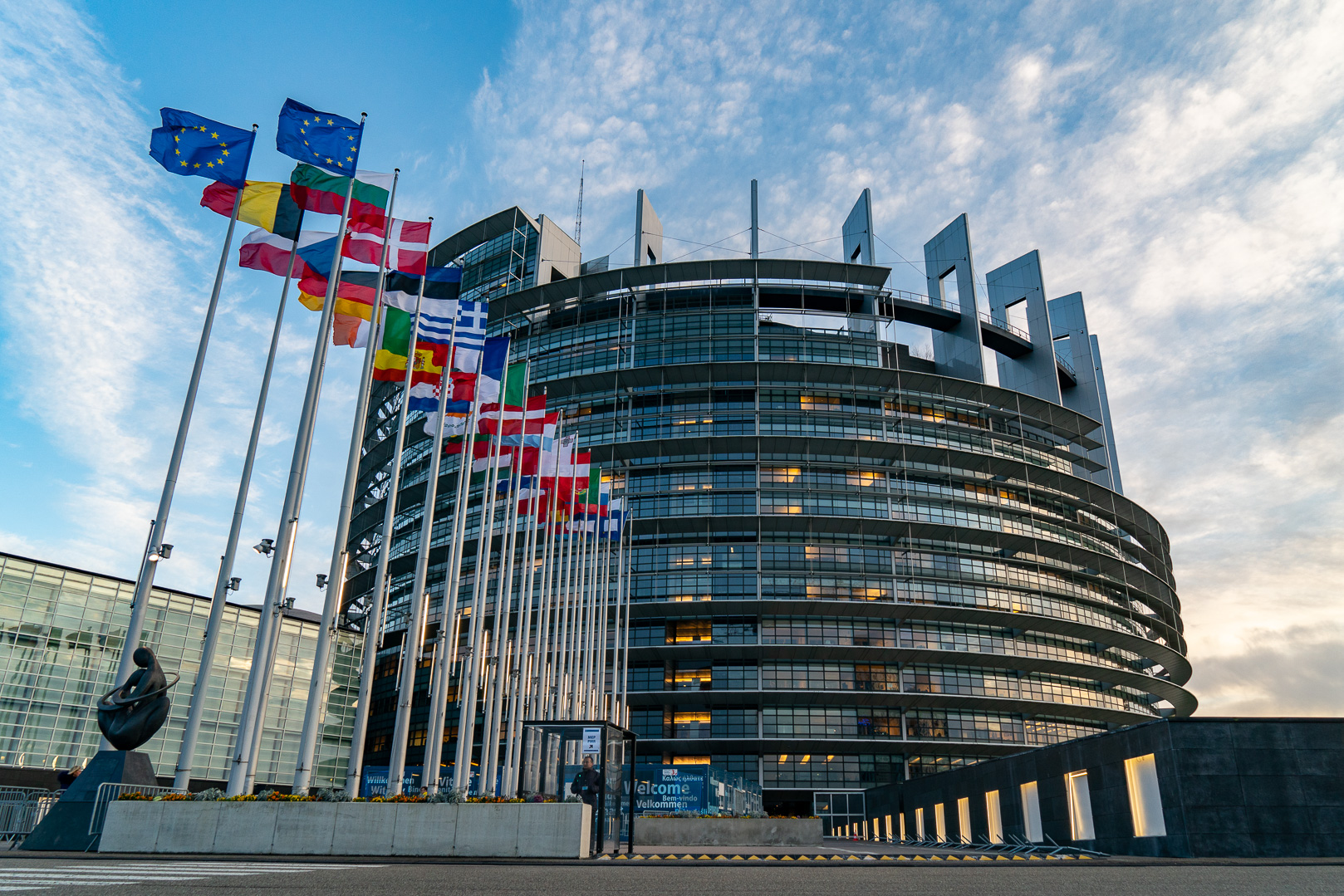During the first few days of March 2023, a series of severe turbulence incidents highlighted the impact climate change is having on the world’s skies.
On 2nd March a trans-Atlantic flight from the USA en route to Germany was forced to land early after being hit by severe, unpredictable turbulence which led to seven people being hospitalised as a result according to reports by The Washington Post.
Another incidence of severe turbulence occurred on 3rd March which affected a private business jet and led to a passenger sustaining fatal injuries.
NTSB is investigating the March 3 turbulence event involving a Bombardier Challenger 300 airplane that diverted to Windsor Locks, Connecticut and resulted in fatal injuries to a passenger.
— NTSB Newsroom (@NTSB_Newsroom) March 4, 2023
According to research by Paul Williams, an atmospheric science professor, climate change and global warming have significantly changed atmospheric dynamics. His study found that the degree to which wind speed varies at different altitudes has increased by 15 per cent since 1979 in certain areas.
Changing atmospheric dynamics have led to an increase in ‘clear air turbulence’, a phenomenon in which turbulence occurs without having to fly through a storm or cloud to experience bumps, which are difficult to predict.
However, this does not mean anyone should cancel their travel plans.
Airlines proactively take measures to avoid unnecessarily bumpy flights through the use of advanced forecasting of atmospheric turbulence. Furthermore, extreme turbulence is still very rare, and seldom dangerous.
Ryanair cuts Malta link to Serbia’s Niš
The low-cost airline is slashing some major routes in Germany, Spain, Belgium, Portugal and Malta
Event tourism is the standout travel trend for 2026 – How will Malta fare?
The global tourism market is booming, and events are leading the way
EU Parliament agrees on common system to calculate corporations’ taxable income
The reform is designed to replace today’s patchwork of national tax rule






